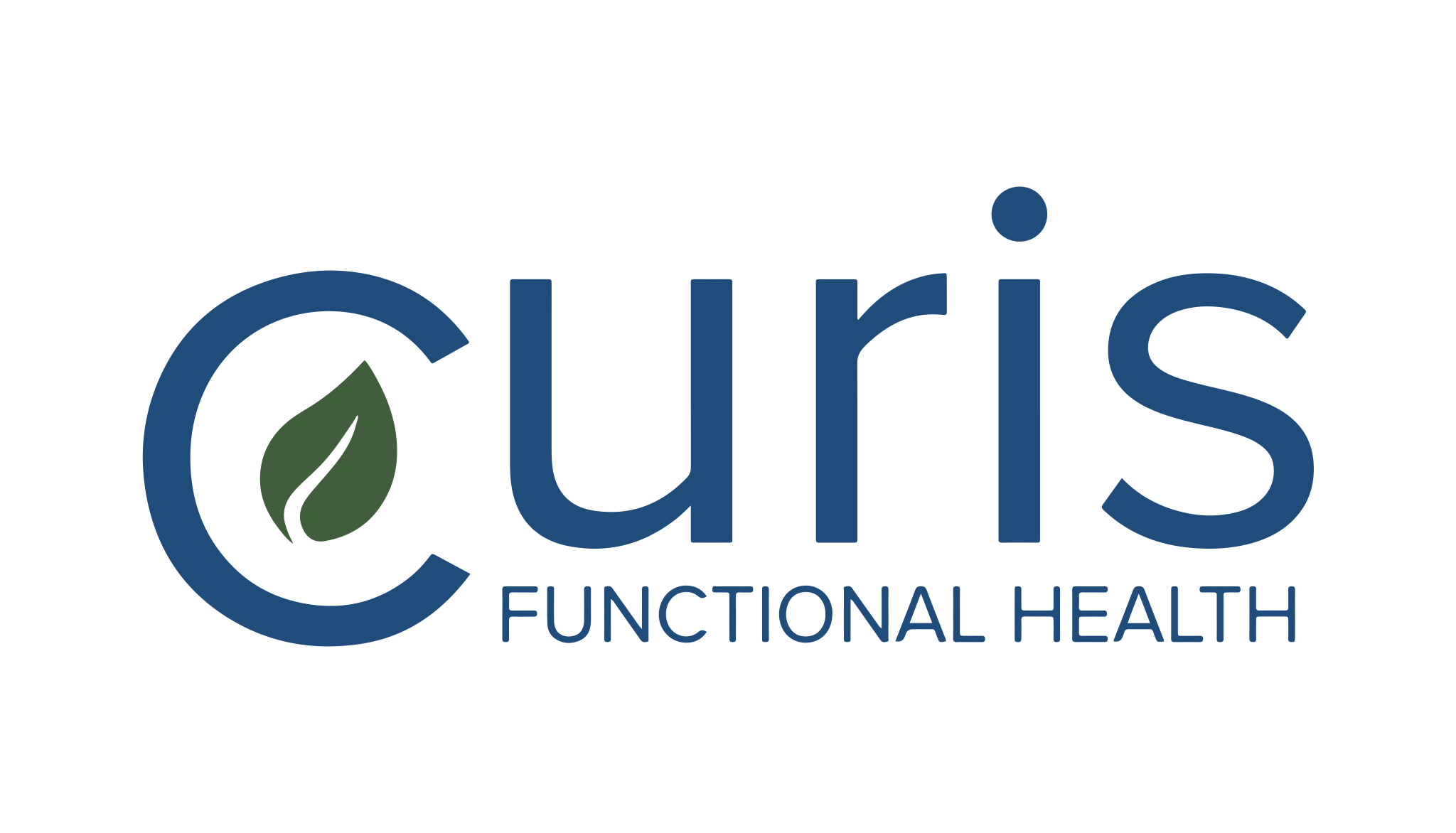In today’s fast-paced world, we are always looking for ways to boost our health and wellness. Nutritional supplements have become increasingly popular in recent years, promising to provide us with essential vitamins and minerals that we may be lacking in our diets. However, with so many supplements available on the market, it can be difficult to know which ones are worth taking and which ones are just a waste of money. In this article, we’ll take a closer look at nutritional supplements and help you determine which ones are worth incorporating into your daily routine.

Can supplements be a substitute for a healthy diet?
Firstly, it’s important to understand that nutritional supplements are not a substitute for a healthy, balanced diet. They are intended to complement a healthy diet, providing us with additional nutrients that we may not be getting enough of through our food intake.
Supplements can be particularly beneficial for individuals with specific health concerns or dietary restrictions, such as vegans or vegetarians. However, it’s essential to remember that supplements should not replace a range of fruits, vegetables, whole grains, and lean proteins.

What Vitamins and Minerals Should You Take?
So, which supplements are worth taking? Let’s take a closer look at some of the most recommended ones:
- Vitamin D: Known as the sunshine vitamin, Vitamin D is essential for strong bones and teeth, and it also plays a role in our immune system function. Many people are deficient in Vitamin D, particularly during the winter months when sunlight exposure is limited. Taking a Vitamin D supplement can help to ensure you are getting enough of this crucial nutrient.
- Omega-3 Fatty Acids: Found in fatty fish such as salmon, omega-3 fatty acids have been shown to have a range of health benefits, including reducing inflammation and improving heart health. If you don’t eat fish regularly, a fish oil supplement can provide you with the omega-3s your body needs.
- Probiotics: Probiotics are live bacteria and yeasts that are beneficial for gut health. They can help to improve digestion, boost immunity, and reduce inflammation. Taking a probiotic supplement can be particularly helpful if you’ve recently taken antibiotics, which can disrupt the balance of good bacteria in the gut.
- Magnesium: Magnesium is an essential mineral that plays a role in a wide range of bodily functions, including muscle and nerve function, blood sugar control, and bone health. Many people are deficient in magnesium, and taking a supplement can help to ensure you are getting enough of this vital nutrient.

Of course, there are many other supplements available on the market, including multivitamins, iron supplements, and herbal supplements. However, it’s important to do your research and speak to a healthcare professional before starting any new supplement regime.
Booking an appointment with a Curis Functional Health nutritionist allows you to receive personalized guidance and support in revamping your diet. These experts understand nutrition’s intricacies and its impact on overall well-being. Through a comprehensive assessment, they will understand your unique needs, preferences, and goals to create a tailored plan addressing your specific nutritional requirements.
They offer practical advice, educate you on the best food choices, and help you create a balanced meal plan. Additionally, they guide you in making sustainable lifestyle changes, provide guidance on grocery shopping, meal preparation, and mindful eating, and stay up to date with the latest research. By booking an appointment, you invest in your well-being, empowering yourself to make informed decisions and create lasting positive changes for a healthier and more vibrant life.

Learn more about getting connected with a Nutritionist at https://gocuris.com/functional nutrition/.
